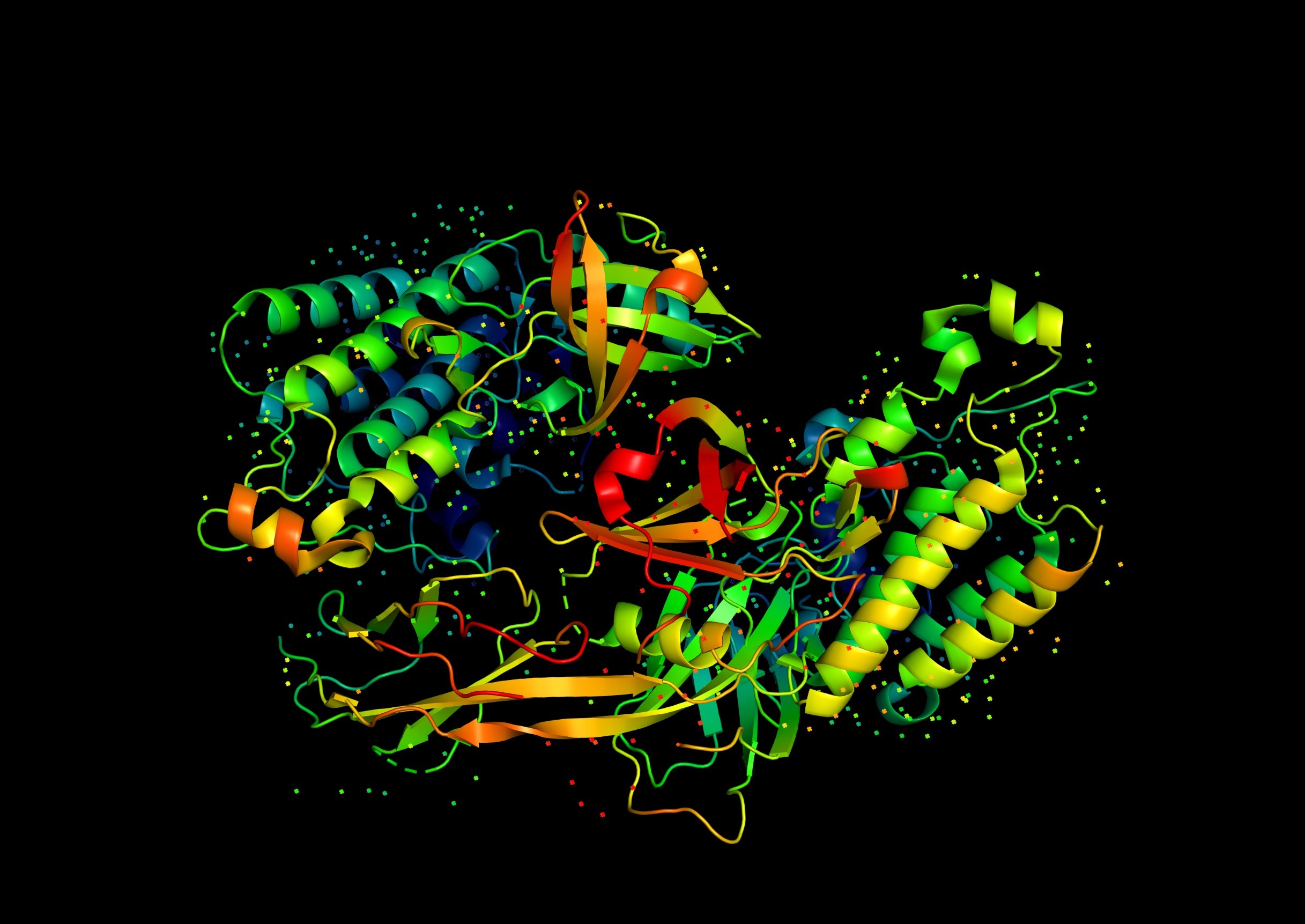
Is protein supplementation always beneficial? A new study reported in the open access journal Nutrients will inspire little confidence for the casual athlete or sports person when it comes to taking protein supplements in the short-term. It seems that untrained body builders and athletes do not see much increase in in whole-body muscle mass (WBMM) or improvements in strength when the period for protein intake is too short.
The Study
The study was conducted at Auburn University in Alabama, USA and looked at supplementation using L-leucine or the equivalent amount to this amino-acid in whey or soy proteins (Mobley et al., 2017).
The study was a 12 week program on resistance exercise training (RET) with seventy-five untrained men doing three days of training in each of those weeks. The design was a double-blind, randomised controlled trial with placebo. The athletes ingested protein supplements twice every day which was equivalent to a total of 6g per day. They were given either leucine or the equivalent amount in terms of whey or soy proteins as a hydrolysate or concentrate, or a placebo.
The researchers looked at changes in body composition, their strength and biochemical and structural changes in both skeletal muscle and adipose (fat) tissue. The muscle tissue was analysed for any changes in type I and II fibres, a non-fibre specific satellite cell count and adipocytes.
Skeletal muscle satellite cells are quiescent mononucleated myogenic cells, located between the sarcolemma and basement membrane of terminally-differentiated muscle fibres (Morgan & Partridge, 2003 and defined in this research paper). They are an important reserve of cells ready to become muscle cells when required.
Key Findings
The key finding was that whey protein supplementation increased skeletal muscle satellite number with the resistance training but they urge caution because more studies are needed to confirm such a finding. Otherwise, it appears that leucine nor protein supplementation helps to improve neither whole-body skeletal muscle mass or their whole-body strength.
The researchers urged caution on the findings because of the small numbers in each study group and the time length of the study. They also speculate on the young age and gender of the athletes in the study because they were well fed anyway and their propensity for doing resistance or strength training.
Mobley, C.B. et al., (2017). Effects of Whey, Soy or Leucine Supplementation with 12 Weeks of Resistance Training on Strength, Body Composition, and Skeletal Muscle and Adipose Tissue Histological Attributes in College-Aged Males Nutrients, 9(9), pp. 972; doi:10.3390/nu9090972
Morgan, J.E., and Partridge, T.A. (2003) Muscle satellite cells. Int J Biochem Cell Biol. Aug; 35(8) pp. 1151-6.


Leave a Reply